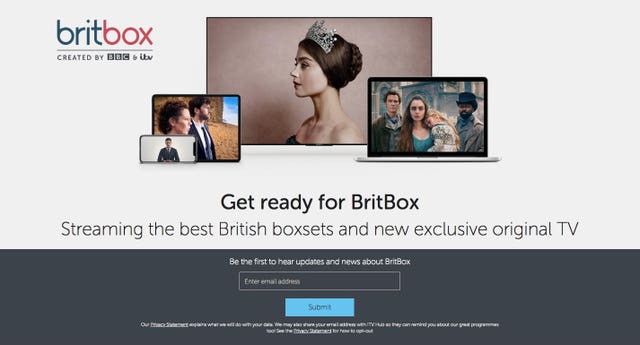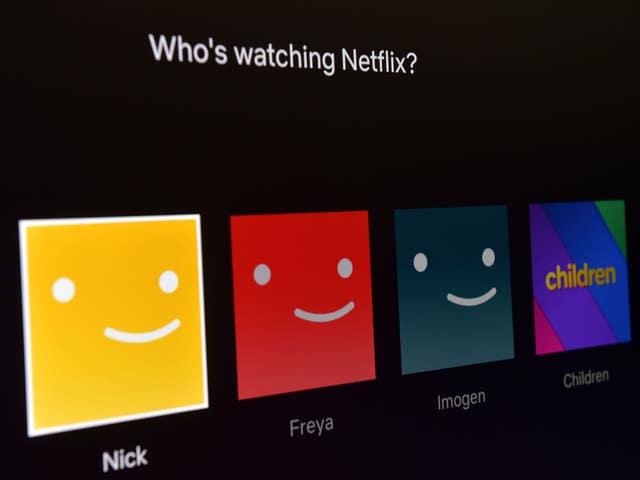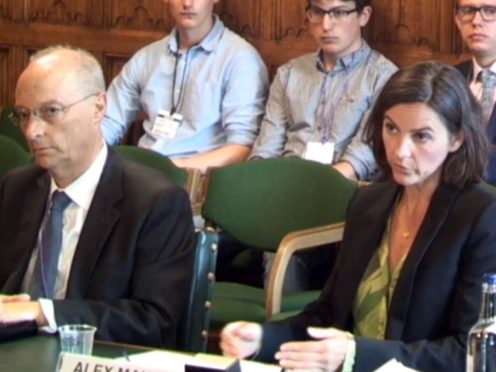Channel 4’s boss has hailed the importance of having a strong ecology for public service broadcasters (PSBs) in the face of competition from streaming giants.
The broadcaster’s chief executive, Alex Mahon, said PSBs were “guaranteed investors” in British creativity and British programmes.
Talking to the Digital, Culture, Media and Sport (DCMS) Committee as part of its inquiry into reality TV and about Channel 4’s annual report, she also touched on Channel 4’s involvement in BritBox, the joint streaming service announced by ITV and BBC.

Asked if she thought it was important that PSBs have their own route into the market for video on demand (VOD), she said: “I do think it’s important we work together as public service broadcasters, and I think it’s important that we put our toe in the water with SVODs (streaming video on demand).
“I think it’s important we have that as British content together in a market. We have seen the immense investment of Netflix and others in market, and we do see that as an increasing proportion of consumers’ video time.
“It’s also true to say that Netflix, with its, I think Ofcom said it had 753 originals at latest count on the platform, of those, only about 35 were British-made originals, so I think it’s incredibly important the public service broadcasting ecology here stays strong because we are guaranteed to be continual investors in British creativity and British production companies”.

BritBox, due to launch this year, will feature the “biggest collection of British content available on any streaming service” and Channel 5 has also been reported to have been in talks to contribute to the service.
Ms Mahon said: “I can’t say too much about it because we are obviously in commercial negotiations, but we continue to be in discussions with ITV and with BBC about it and I’m very supportive of us as public service broadcasters working together”.
Broadcast watchdog Ofcom recently addressed the issue of prominence of PSBs in the face of competition and new technologies, with Kevin Bakhurst, Ofcom’s group director for content and media policy, saying: “Our traditional broadcasters are among the finest in the world. But they’re facing unprecedented challenges from competition and new technology.”
He added “we are ensuring their channels remain easy to find on TV guides” and planning a national debate on the future of public service media.
Channel 4 chair Charles Gurassa told the DCMS committee: “Not only is it important that we work together, but it’s important that we are available and prominent and that people can find us, because as more and more people move to video on demand, catch up, the platforms through which you access them are not the traditional, old-style electronic programme guides in which you switch on the first page and there was BBC One, BBC Two, ITV, Channel 4.
“We were clearly very supportive of the findings of the recent Ofcom report, which identified in this new world, where more and more people are accessing television through intelligent TVs, internet enabled, Firesticks or whatever it may be, that not just the old-style terrestrial but the video on demand services are prominent and available”.
